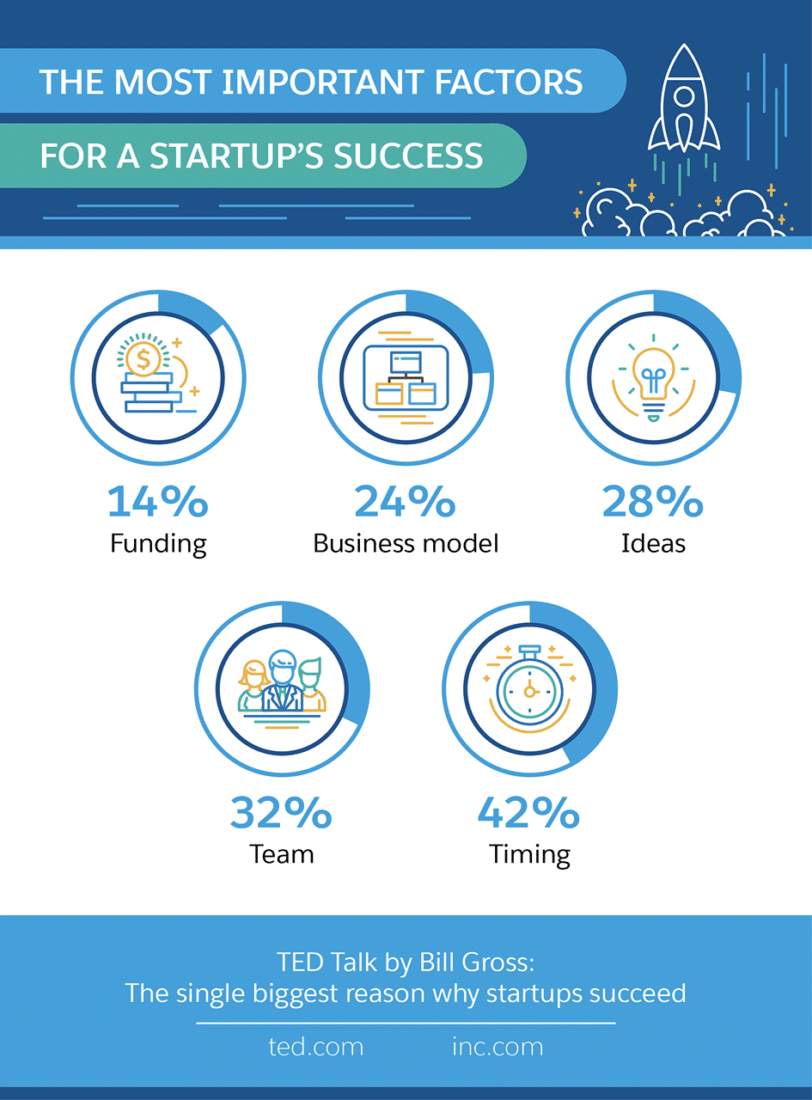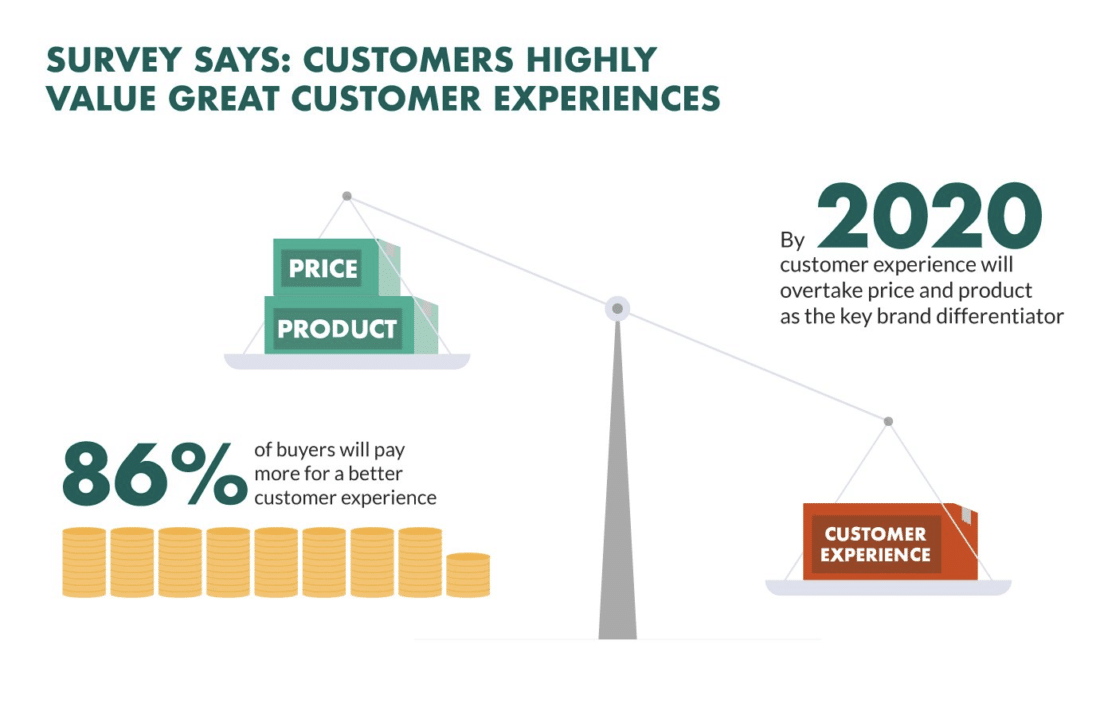Maybe I’m a halfway decent clever guy, but if I don’t surround myself with people that are as good or better than me, I have no chance of success.
Freddie Laker is the Founding Partner of Chameleon Collective, a company that prioritizes its team over everything else, including profits. Laker takes an entrepreneurial approach to problem solving, helping clients (both startups and established global brands) transform their businesses through unconventional thinking, shaping culture, and driving innovative business growth strategies.
In this episode of Velocitize Talks, Laker shares his entrepreneurial experience on the key ingredients to building great companies.
Finding the Right People (1:42)
I’ve tried really hard to create businesses that are as good for the people working in the company as they’re good for me, and lo and behold, you can attract some pretty amazing talent.

In today’s knowledge economy, companies are only as good as their employees. As the transition to focus more on investment in people skills, the people companies attract are key to its success. In the earlier stages entrepreneurs may think they can do it on their own or they don’t want to spend what it takes to attract real talent. But this mentality only puts stress on the entrepreneur, and could even lead to the downfall of the company.
“Without the right people, you’ve got no chance,” Laker says. In order to build an employee-centric company focused on values and skills, entrepreneurs need to gain the employee perspective.
Startups and Business Growth (3:07)
Regardless of the size of the company, a lot of their problems are the same.

Growing a successful business takes time and talent, as well as a solid business growth strategy. One quarter of venture-backed startups will find long-term success, while only 50% of those will make it past their fifth anniversary. Laker points to several factors that dictate a company’s success: leadership, clear vision, direction, risk taking and teamwork.
One area he has seen companies struggle with is taking a risk on new forms of digital marketing; they don’t do it and fall behind. He has also seen great companies with great products and great cultures not able to work together internally. “There’s this sense that a lot of people have all the plans up here or the ideas up here, but they don’t understand how to put systems and processes in place,” Laker says.
Staying Remote in the Post-Gig Economy (4:23)
You’re going to see more of these platforms merging the best parts of corporate life with independent work.

As the world transitioned to a remote workforce during the pandemic, Chameleon Collective had the somewhat unique experience of working remotely for the past five years. As part of their founding strategy, Chameleon Collective leaned into how the day-to-day productivity of the office was a distraction for many workers, which reduced their overall positive impact on the organization.
In fact, Laker sees the future of work as a post-gig economy that merges the best parts of corporate life (scalability, community, infrastructure, perks of a big office) with independent work culture (freedom to pick and choose how you work, who you work with, who you work for), thereby maximizing your earning potential. The sweet spot will sit squarely between those two places.
Customers First (6:04)
We’re seeing companies take meaningful and keyword ‘thoughtful’ time to really think about what that customer experience looks like.

Customer acquisition is expensive, so keeping your current customers satisfied at every step of their journey is critical. According to Gartner, 80% of a company’s future revenue will be driven by 20% of their existing customers. In addition, a 5% increase in customer retention can increase a company’s profitability by 75%.
Since Covid-19, customers have been interacting even more with companies through digital spaces, and the use of enterprise-grade technologies has become a necessary part of a brand’s customer experience strategy. “The biggest obstacle that most people have is just having the courage to try them, experiment with them and play with them,” Laker says. He also points out another significant challenge companies face is fully integrating digital systems like martech and fintech.
Not only must they integrate, but data and business intelligence must be fully utilized by employees in their workflows and broader strategies.
Oh Ship! (10:07)
Entrepreneurs and leaders who may have had great success in their careers, but take a moment to celebrate some of their failures…I like to refer to them as ‘oh ship’ moments.

Oh Ship! is a video series featuring agency leaders to entrepreneurs discussing topics from business growth and culture to innovation. Laker and his guests share stories celebrating the failures, and reflecting back on them with humor. In the most recent episode, Marci Weisler, Chief Commercial Officer of Vengo Labs, talks with Laker about lessons learned from rapid pivots like the obstacles of out-of-home advertising, the app economy, and motherhood in the pandemic.
For more information on Chameleon Collective, check out their website and follow them on LinkedIn, Facebook, and Twitter at @chameleon. To stay up to date with Laker, follow him on LinkedIn.


0 Comments